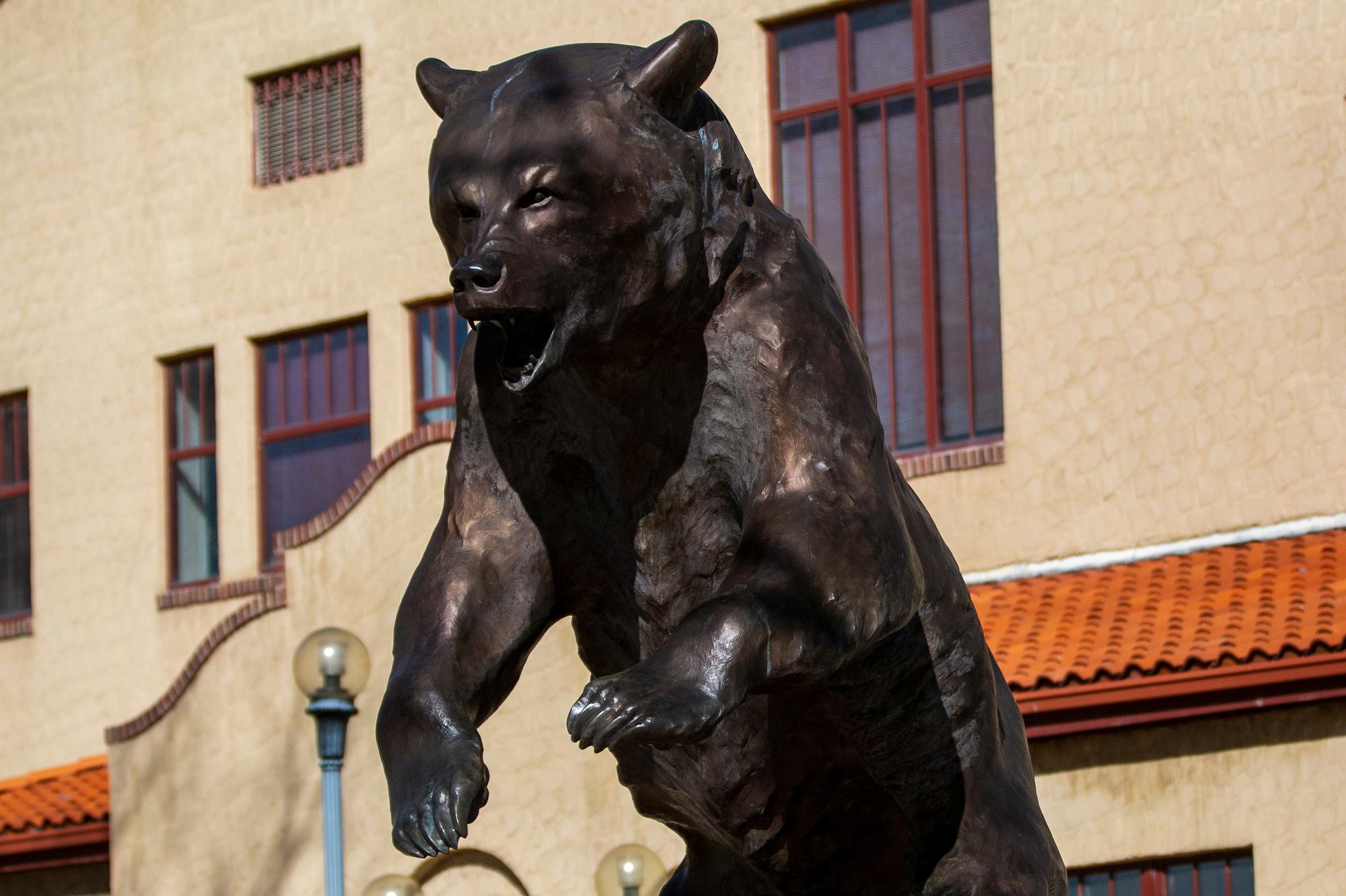
A bill from GOP Rep. Lauren Boebert to delist the gray wolf from the Endangered Species Act squeaked through the U.S. House Tuesday, 209-205.
Boebert’s bill, titled the Trust the Science Act, would force the Department of Interior to remove protections for the gray wolf in the lower 48 states and prohibit judicial review of the decision.
While the bill garnered some Democratic support, only one of those crossover votes came from Colorado. Rep. Yadira Caraveo joined Republicans Boebert and Doug Lamborn in voting for the bill.
The rest of Colorado’s Democratic members — Reps. Jason Crow, Diana DeGette, Joe Neguse and Brittany Pettersen — voted against it, as did four Republicans from other states.
During the debate, Boebert pointed out that both Democratic and Republican administrations have tried to delist the gray wolf. She also noted that state and tribal wildlife agencies have a proven track record “successfully” managing their wolf populations.
“Montana’s successful state management resulted in gray wolves being 500 percent above Fish and Wildlife Service recovery goals. Idaho’s successful state management resulted in gray wolves being 700 percent above recovery goals. There are now as estimated up to 6,000 wolves and the lower 48,” she said.
“Let's do as my bill says: trust the bipartisan science,” she added.
Boebert’s bill comes as Colorado is still feeling its way through voter-initiated wolf reintroduction. Wolves released late last year have recently been blamed for killing multiple calves in Grand County.
“The gray wolf is a recovered species and should be celebrated as an ESA success story,” said Republican Rep. Bruce Westerman of Arkansas, chair of the Natural Resources Committee, who led Tuesday’s debate on the bill. That sentiment was something many supporters of the bill echoed throughout the debate.
Westerman added passing the bill would not mean open season on wolves, but put the management into the hands of states.
Still, the messaging bill, one of a handful of Natural Resource Committee bills the House passed Tuesday, is unlikely to become law. Other bills passed included one that would stop a rule that puts conservation on equal footing with other uses for Bureau of Land Management public lands.
The White House has come out against Boebert’s bill stating, “the transparent and science-based process prescribed by the ESA, with public input, is the best path for adding or removing species” and that Boebert’s bill would “undermine America’s proud wildlife conservation traditions and the implementation of one of our nation’s bedrock environmental laws.”
A similar bill passed the Republican-controlled house in 2018, but was not taken up by the then GOP-controlled Senate, and the current version is unlikely to move forward now in the Democratic-controlled Senate.
Democratic Rep. Jared Huffman, who led the opposition to the bill, said it’s misnamed because legislatively delisting the gray wolf “is not something that is done based on science. It is something this bill would do by political fiat.”
He agreed the gray wolf is a success story, but that the nation also can’t “just unfurl a banner and declare mission accomplished.”
“Wolf numbers have grown in the western United States, but the ESA rightly requires more than just population counts for delisting. Otherwise, we can quickly devolve right back to where we started,” he said. “There are still a lot of factors that go into species recovery – habitat destruction, disease… so no, a simple head count is not a scientifically sound basis for declaring open season on the gray wolf.”
Democratic Rep. Donald Beyer of Virginia said instead of celebrating the Endangered Species Act, House Republicans have “targeted the ESA and the wildlife it’s protected.”
While Beyer noted that wolves have not killed a person in the lower 48 in 100 years, Republicans pointed to the predator’s impacts on cattle and other livestock.
The recent wolf attacks on cattle in Grand County was brought up by Boebert, who attacked the reintroduction as an effort pushed by “out-of-touch Denver and Boulder leftists.”
The U.S. Fish and Wildlife Service did grant Colorado what’s known as a 10(j) designation late last year to give the state more flexibility to manage the reintroduced gray wolves.
Since 2003, FWS has issued different rules to down-list or delist the gray wolf, but these rules have been overturned by the courts, the most recent was in 2022.
Earlier this year, the agency said it wouldn’t change the ESA for the gray wolf, but instead would develop a comprehensive recovery plan by the end of 2025. It also announced that the northern Rocky Mountain population will stay off the ESA list of protected species after analysis found “wolves are not at risk of extinction in the Western United States now or in the foreseeable future.









